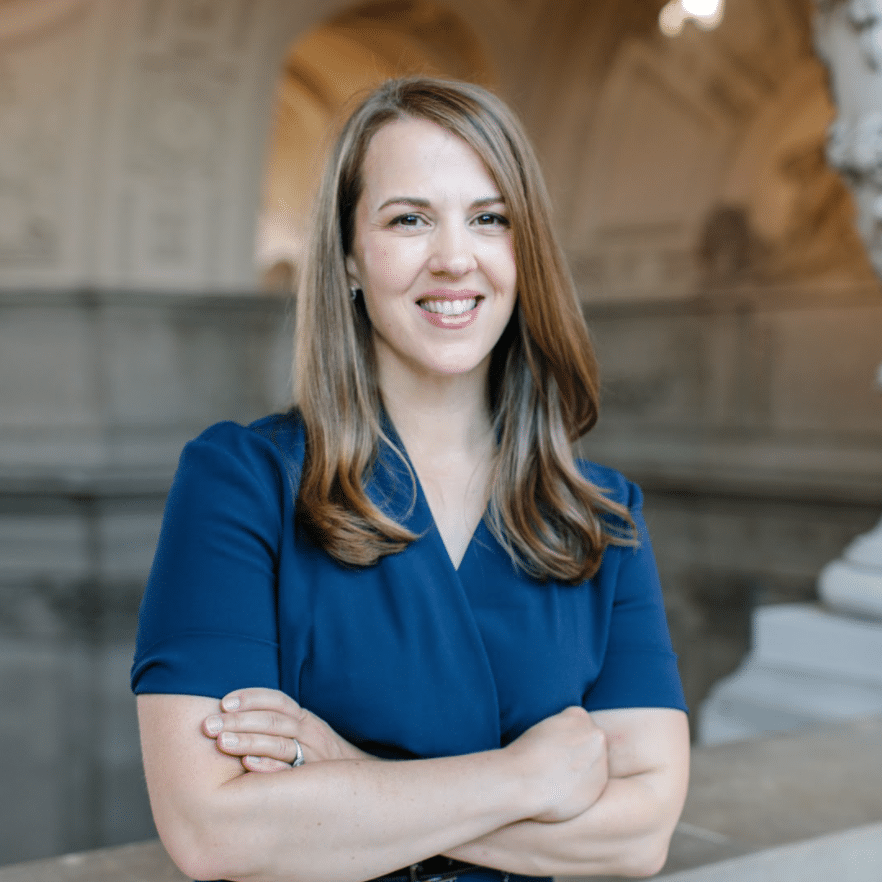
By Dr. Vicki Johnson
Are you ever too old to start a PhD program? I undertook my PhD in my mid-30s, and over the years, I’ve successfully mentored many mid to late-career professionals through acceptance to PhD programs. I’m often asked, Is it too late for me to apply to a PhD? Am I at a disadvantage because of my advanced age?
I want to share with you why it is absolutely not too late to pursue a PhD at mid-career or late-career, and why your experience actually puts you at an advantage in the competitive application process. I’ll also provide some key tips on what you need to know about undertaking a PhD at mid or late-career.
Reason #1: There are no age limits to PhD programs, nor is age a factor in selection.
Many people believe that graduate programs have age limits or a bias against older applicants. This is completely untrue! PhD programs do not have age caps for eligibility (nor do master’s programs), and most universities welcome qualified applicants of all ages who will benefit from the program’s academic training mission. The myth of age bias may stem from the fact that graduate programs have more early-career students, but this is primarily because graduate programs receive many more early-career applicants than mid and late-career applicants.
If you look closely at PhD programs, you’ll find people of all ages, including PhD students in their 40s, 50s, 60’s (and older!). In my own PhD cohort at Massey University, there were students from a wide age range, including two PhD students over the age of 60. It truly is a myth that graduate school is only for early-career candidates.
PhD programs tend to attract fewer mid and late-career candidates for a number of reasons. First, some candidates are held back by the myth that they are not qualified or competitive. Also, a PhD typically takes four to six years to complete as a full-time student (and much longer as a part-time student). Many people at mid- and late-career are unable or unwilling to leave work to commit to an academic program of this length.
In addition, there is a financial impact. Even when you enter a fully funded PhD program that covers your tuition and provides a living stipend, the annual stipends generally range from $15,000 to $45,000 USD per year. It’s important to understand how the pursuit of a PhD will impact your lifestyle and expenses before getting started.
ProFellow Tip: Research what a PhD entails before beginning your pursuit. Speak with older PhD candidates to best understand the nature of the coursework, dissertation expectations, compensation and financial impacts, and other pros and cons of pursuing a PhD at mid-career. Dr. Sara McBride wrote a great piece for ProFellow, How to Do a PhD Later in Life: A Primer on What to Expect.
Reason #2: You can be PAID to achieve your PhD.
Student debt is at crisis levels in the United States. 42 million Americans have in total $1.4 trillion in student debt, and Brookings estimates that half of this debt is held by the small percentage of students who went to graduate school. Many people choose not to pursue graduate study because they can’t afford to take on tens of thousands of dollars of debt. But what many people don’t know is that there are many graduate programs that will PAY you to attend!
Many universities offer “full funding” to their PhD students (as well as some masters students). Full funding is a funding package from the university, usually offered at acceptance, that includes a full or partial tuition waiver and an annual stipend for living expenses for the four to six years a student is in the doctoral program. These are funding packages ranging in value from $50,000 to nearly $400,000!
In most cases, fully-funded PhD students are expected to serve in a Graduate Assistantship. This is a part-time position with the university that consists of 10-20 hours of work per week providing research, teaching, and administrative support to faculty. This work is often complementary to the students’ PhD studies and provides students with valuable teaching experience needed to pursue academic jobs when they graduate.
Full funding is available primarily in full-time, on-campus, research-based graduate programs, particularly PhD and research-based masters programs. I was able to receive full funding as a PhD student at Massey University and achieve my PhD without accruing any student debt.
Because I had 15 years of work experience and a strong professional network, I was also in a better position than recent graduates to increase my income as a PhD student through consultancies, grant application gigs, and external fellowships.
ProFellow Tip: You can now search and bookmark more than 580 Fully Funded PhD programs in a variety of disciplines in the free ProFellow database! You can also learn how to successfully apply to fully funded graduate programs at mid or late career. Please register to watch my free online Masterclass: How to Achieve a Top Graduate Degree Debt-Free: The MATCH ME Formula™️
Reason #3: Being an experienced candidate is an advantage.
Some people think being an older applicant puts them at a disadvantage in the PhD application process, but it’s quite the opposite. The biggest fear of PhD selection committees is that the students they select will not complete the 5-year degree. More than 40% of doctoral students don’t complete their PhD dissertation and thus, don’t graduate.
To be successful in a PhD program, you need to have the organizational skills, motivation, and emotional maturity to work independently on your research dissertation over a period of two to three years. You also need to have a real passion for research! Often early-career candidates enter PhD programs with very little to no research or work experience, and this lack of experience can make it challenging to complete a dissertation successfully.
Older applicants with life and work experience can be at an advantage because they may have more experience working independently and responding to constructive feedback. Older applicants are often more resourceful and have a broader personal and professional support system. For all these reasons, older applicants can be at an advantage in the competitive PhD application process.
ProFellow Tip: As an older applicant, be sure to stress in your application and in your recommendation letters how your experience demonstrates your ability to complete your dissertation successfully. No matter what your age is, be sure to express a clear post-PhD career goal such as teaching, a future body of research, or another professional endeavor.
Reason #4: The research skills you gain from a PhD are valuable in many career tracks, not just in academia.
Even if you don’t want to become a professor or scholar, pursuing a PhD can be a worthwhile career endeavor. During the course of a PhD you learn how to conduct research, which is a valuable skill in virtually any industry including the corporate, government, and non-profit sectors. All industries use research to make decisions, and all industries seek people with strong research, writing, and analytical skills. Plus, a PhD gives you credo as an expert in your field of study!
The important thing to know is that when you’re a PhD candidate, you’ll need to undertake your own efforts for professional development and networking. Often PhD programs do not provide career counseling for non-academic career tracks. The good news is, as an experienced student, you may be better prepared for pursuing jobs post-PhD than an early career candidate who has not yet been out in the workforce.
ProFellow Tip: Seek out organizations that provide professional development training for non-academic career tracks while you are a graduate student, such as Beyond the Tenure Track.
Reason #5: A PhD CAN be fulfilling.
There is an urban myth that everyone has a terrible PhD experience, and that PhD programs are toxic and unrewarding. This was not my experience. That said, a PhD is not for everyone! The pursuit of a PhD is best suited to people who are highly organized, love to read and write, and enjoy working independently. It is also suited to people who have experience with constructive criticism and are passionate about theory and scholarly research.
I believe I had a positive PhD experience at Massey University because I pursued my PhD after 15 years of work experience in public policy. I came into my PhD program with strong writing and organizational skills, a network that I was able to leverage for my research, and a well-developed and timely dissertation topic. I also had the financial support of a full funding award and a great PhD advisor and faculty support. As an experienced student, I understood how to cultivate relationships with professors, because it wasn’t too dissimilar from my experience cultivating professional relationships in my previous work. For all these reasons, I had an extraordinarily positive experience in my PhD program. With the right ingredients, you can too!
At mid to late-career we may feel like we have already learned everything there is to know in our field and that the PhD will be the justification of our expertise. But believe me, you’ll learn a lot about yourself, your resilience, and your worldviews through the pursuit of a PhD. You’ll gain new knowledge and, when you meet the challenge of completing your dissertation, you’ll also gain new confidence in what you can achieve. I would argue that the best time to complete a PhD is at mid and late-career when you have the skills to be successful and a clear notion of the research contribution you want to make.
If you would like to learn more about fully funded PhD and Master’s programs and how to successfully apply at mid or late career, please register for my free online Masterclass: How to Achieve a Top Graduate Degree Debt-Free: The MATCH ME Formula™️.
Dr. Vicki Johnson is Founder and CEO of ProFellow, the world’s leading online
© Victoria Johnson / ProFellow, LLC 2022, all rights reserved.